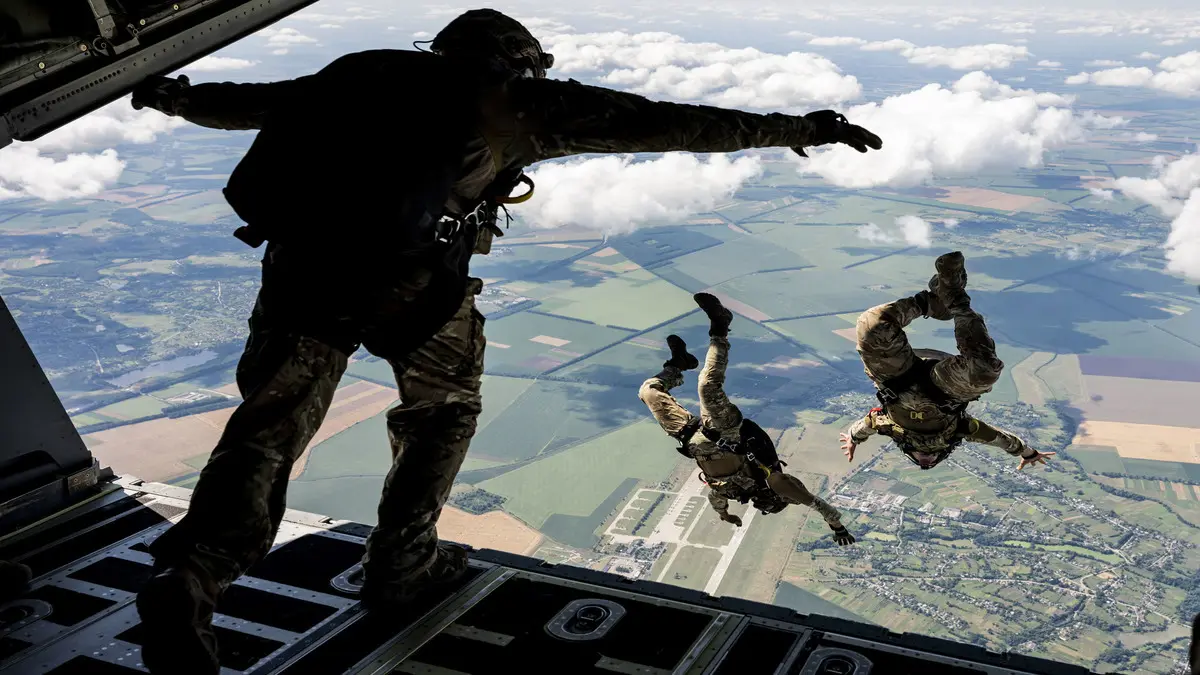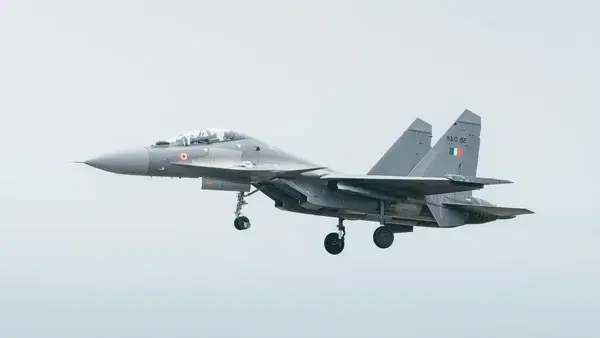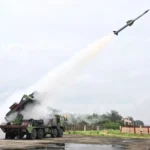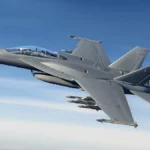“(WASHINGTON) – Defense Secretary Pete Hegseth told lawmakers this week that President Donald J. Trump’s proposed fiscal year 2026 defense budget includes targeted funding to meet growing global demands on U.S. Special Operations Forces (SOF). Appearing before the House Armed Services Committee, Hegseth stressed that America’s elite military units remain “continuously deployed” and require continued investment to maintain their edge.
“The world is not getting any less dangerous,” Hegseth said. “Our special operators are answering the call in every theater, from counterterrorism missions in Africa to gray-zone operations in the Indo-Pacific. This budget supports that reality.”
Strategic Investments in High-Demand Forces
The proposed $922 billion defense budget sets aside expanded funding for SOCOM (U.S. Special Operations Command), including enhanced training, logistics modernization, and next-generation gear designed to reduce operator burden and increase survivability. The plan includes upgrades to night vision systems, cyber warfare equipment, and rapid mobility assets such as tilt-rotor aircraft and covert insertion platforms.
Lawmakers were briefed on the need for more intelligence, surveillance, and reconnaissance (ISR) support for special operators, especially in decentralized environments where traditional force structures are less practical. According to Hegseth, the Pentagon also plans to increase investment in SOF medical evacuation systems and sustainability centers to ensure elite units can deploy quickly and recover safely.
Analysis: Sustaining Capabilities, Avoiding Burnout
Analysts say the emphasis on special operations in the 2026 budget is not surprising, given the increasing pressure on the force, which has been conducting most irregular warfare tasks since 9/11. With new regional threats from Eastern Europe to the South China Sea — hybrid and asymmetric threats — SOF units are increasingly being called upon to respond with minimal notice.
“Special operators are now a first resort, not just a last resort,” said defense policy scholar Dr. Alana Cruz. “They’re not just hunting terrorists — they’re conducting influence operations, cyber sabotage, and strategic reconnaissance in disputed areas. “This kind of versatility requires resources.”
However, some lawmakers expressed concerns about operational tempo and long-term sustainability. Representative Marcus O’Donnell (R-TX) questioned whether frequent global deployments could undermine readiness despite increased funding. “We need to support these men and women not just with equipment, but with recovery time, family support, and a clearly defined mission scope,” he said.
Conclusion
As the FY 2026 defense budget moves through Congress, special operations forces will benefit from increased attention and resources — but also from scrutiny. The evolving role of SOF in modern conflict requires more than funding; it demands a thoughtful balance between capability, mission clarity, and human endurance.
Read More: DOD Leaders Discuss Security Challenges Across Africa, Middle East








Leave a Reply